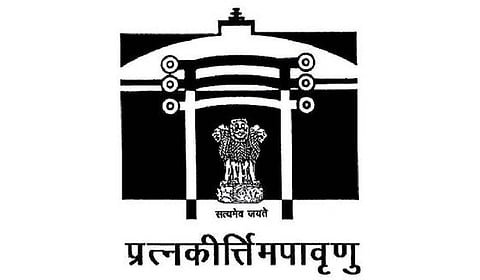

NEW DELHI: The Archaeological Survey of India (ASI) has launched an initiative to train archaeologists in the specialised field of underwater archaeology and has reached out to archaeology departments, museum authorities, and institutions engaged in exploration and research across various states, inviting them to participate in its training programme.
The training is aimed at enhancing expertise and building capacity in underwater archaeology, which involves the study of submerged sites, artefacts, and landscapes linked to human activity beneath bodies of water.
Professor Alok Tripathi, Additional Director General and head of ASI’s Underwater Archaeology Wing (UAW), has written to the directors of the concerned departments and institutions informing them about the upcoming training session.
Officials and faculty members working in archaeology, with a reasonable ability to swim, are encouraged to apply. The deadline for applications is 26 May.
The theoretical component of the programme will be held in the first week of July at the Pandit Deen Dayal Upadhyay Institute of Archaeology in Greater Noida.
Following the recent revival of the UAW, the ASI is focused on training the next generation of archaeologists in underwater exploration techniques. In his letter, Professor Tripathi emphasised the goal of strengthening India’s underwater archaeological capabilities. The first batch of trainees completed the programme in March.
Those who complete the upcoming training may be involved in ongoing research at key submerged sites along the Gujarat coast, including the ancient sites of Dwarka and Beyt Dwarka—locations associated with Lord Krishna, now lying beneath the sea.
In his letter, Professor Tripathi said that with the initiative, the ASI aims “to build capacity in the field of underwater \[archaeology] and strengthen underwater activities in India.”
The Wing was established in 2001 and, since then, it has conducted explorations at at least 11 sites in the Arabian Sea, Indian Ocean, Bay of Bengal, Ariyankuppam river, and Loktak Lake in Manipur. The division had remained non-operational for a long period.